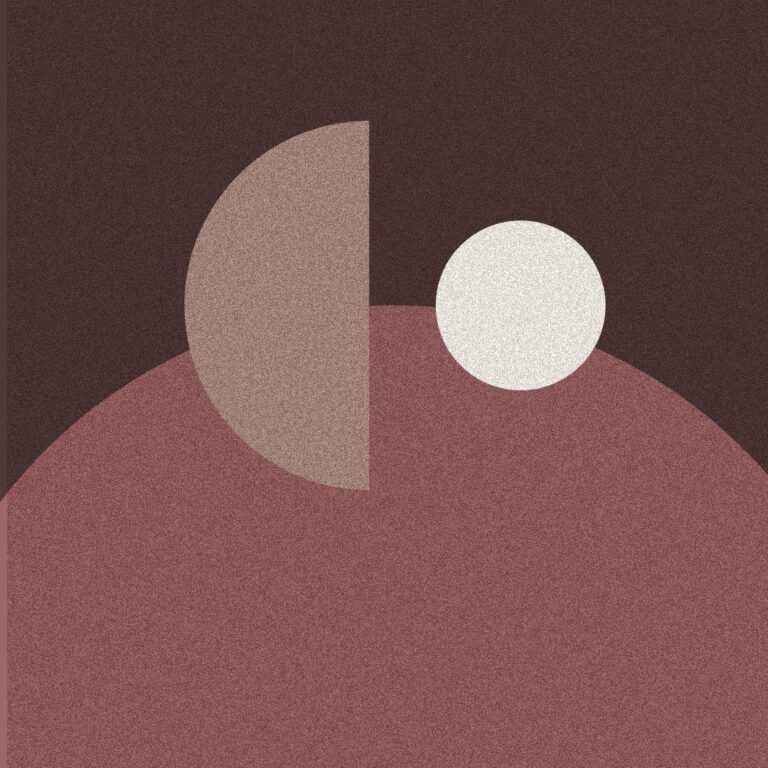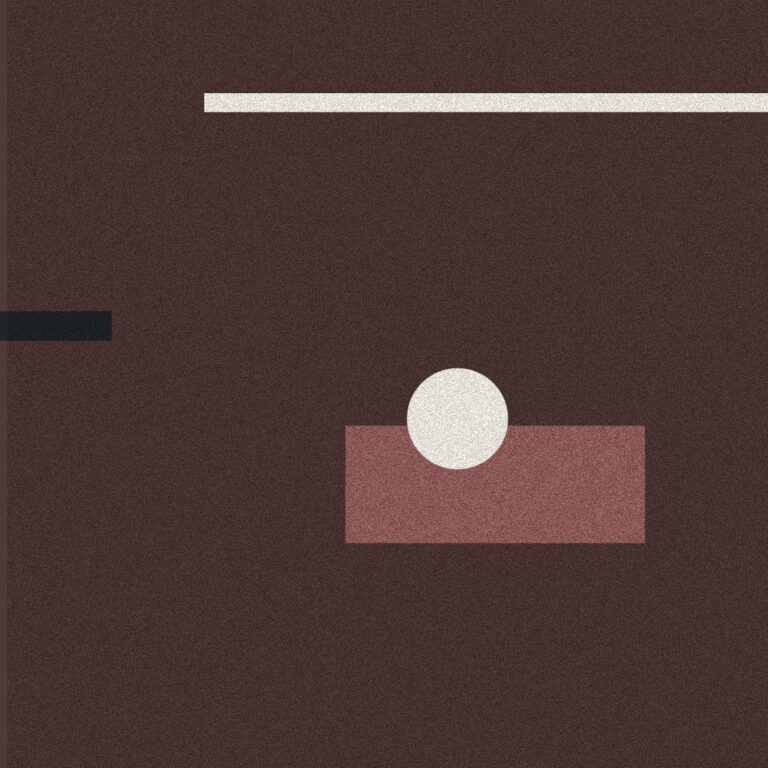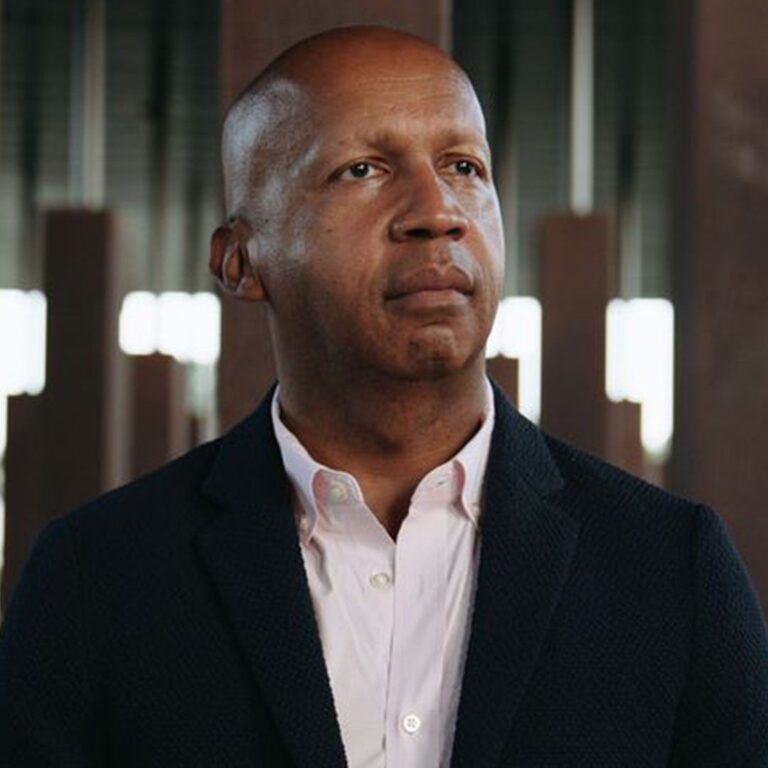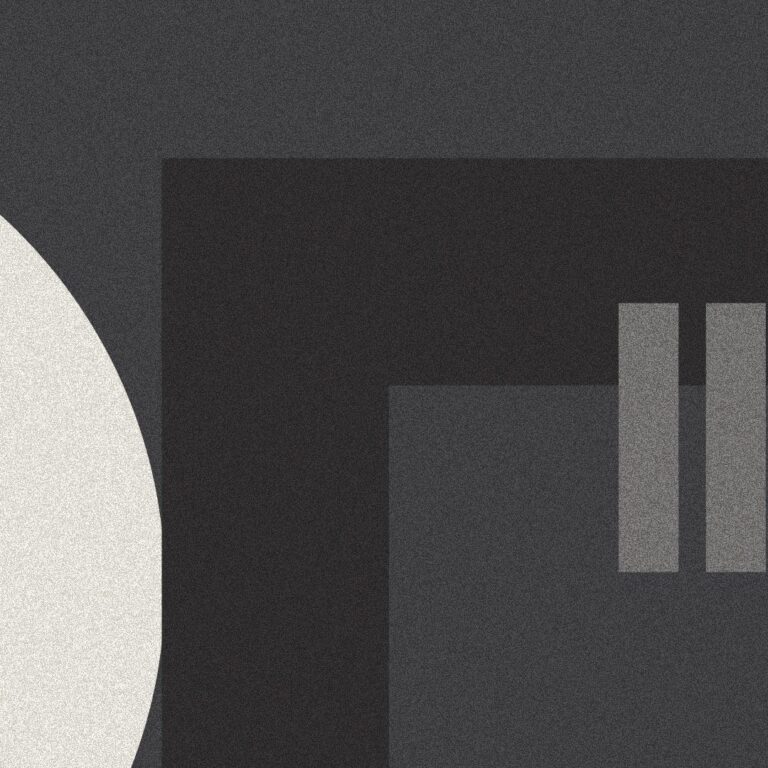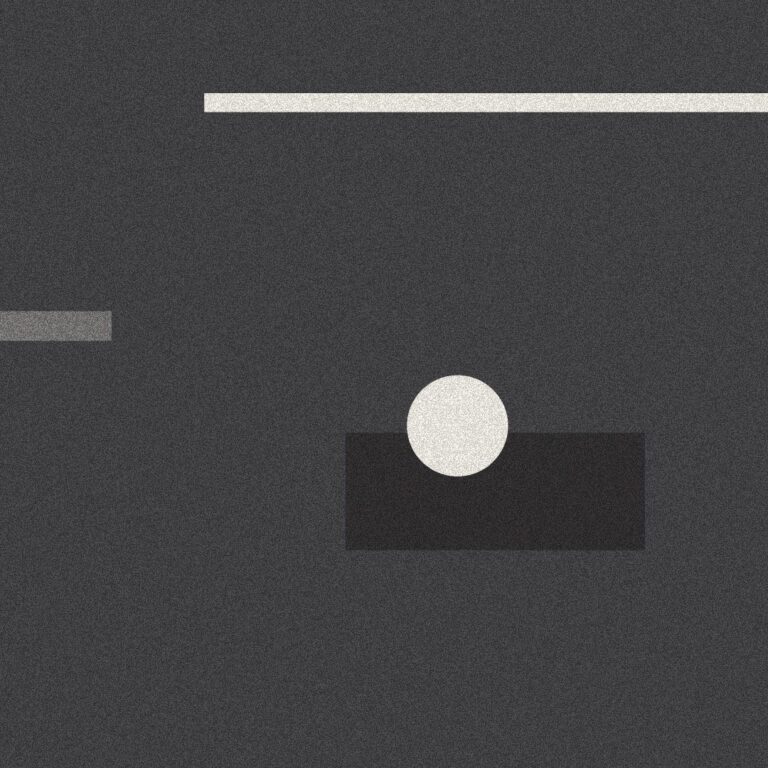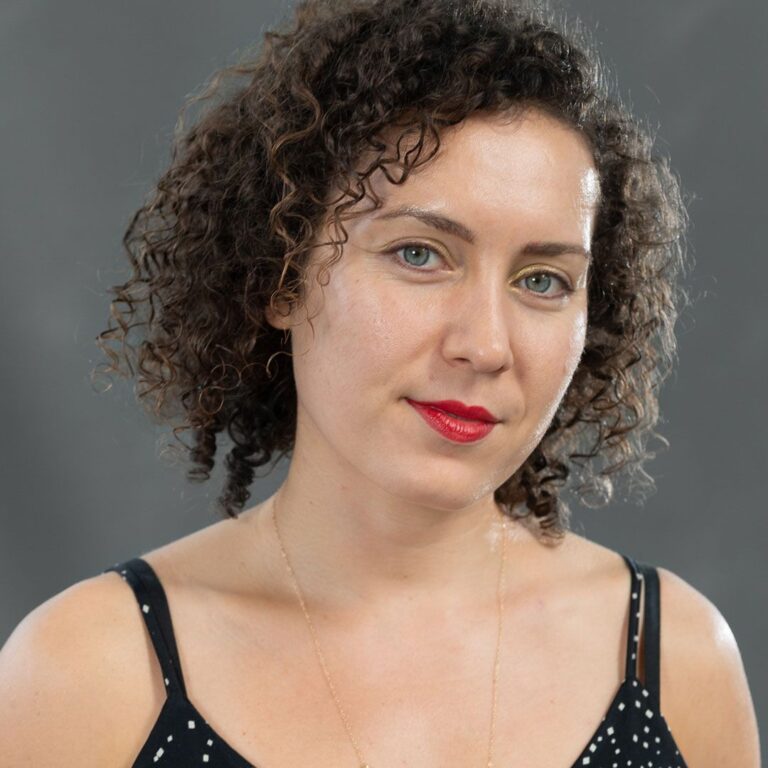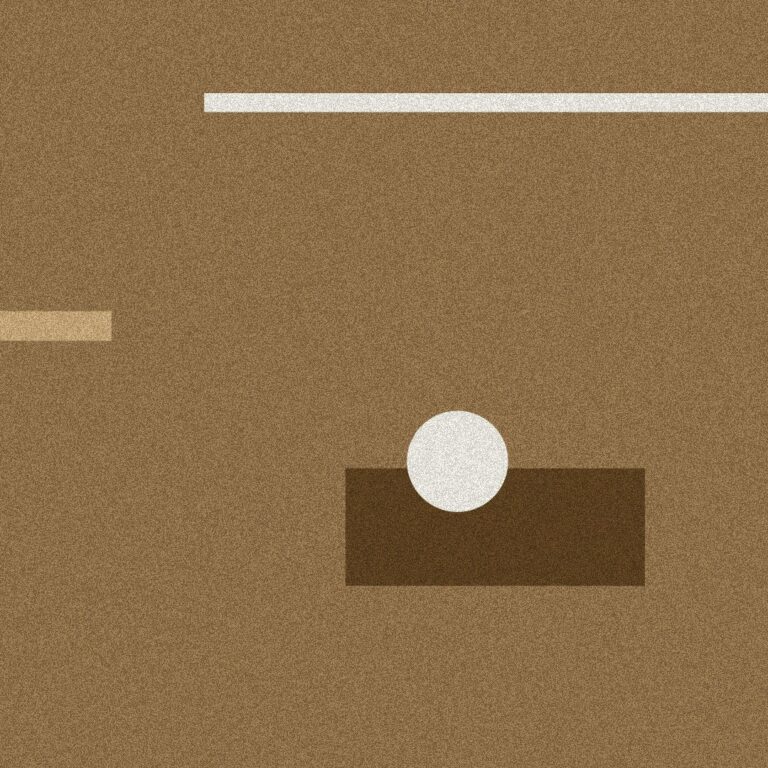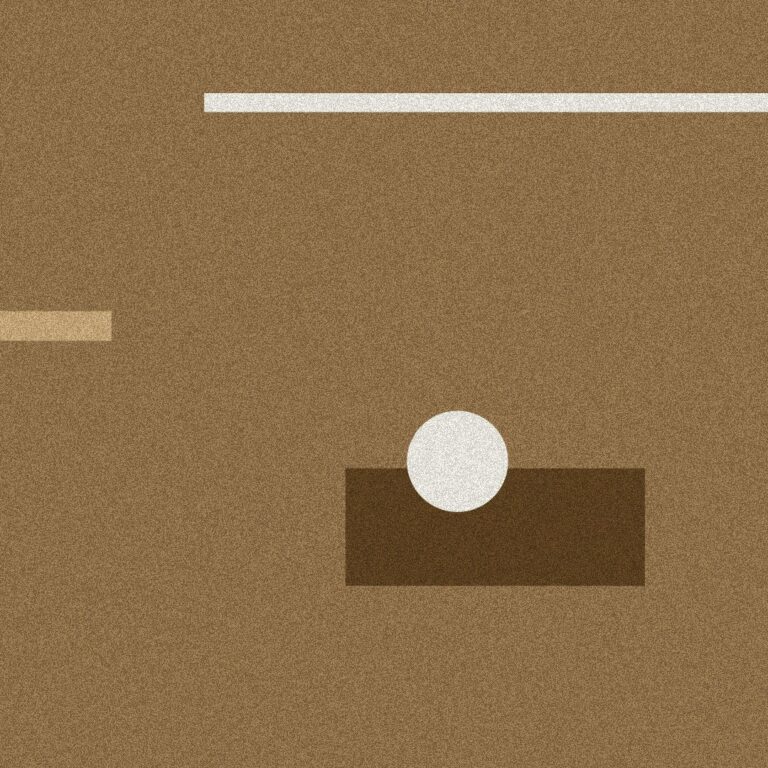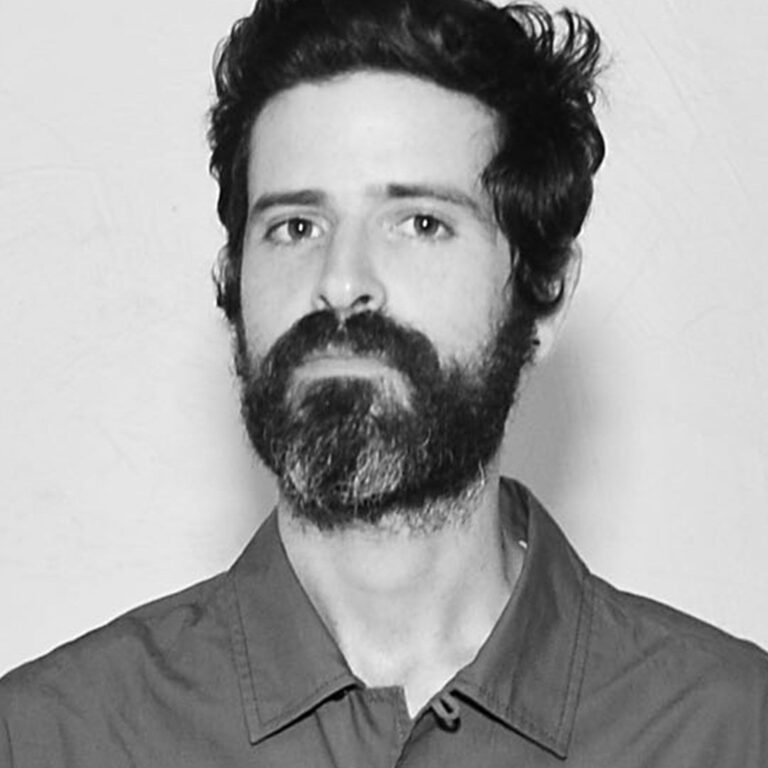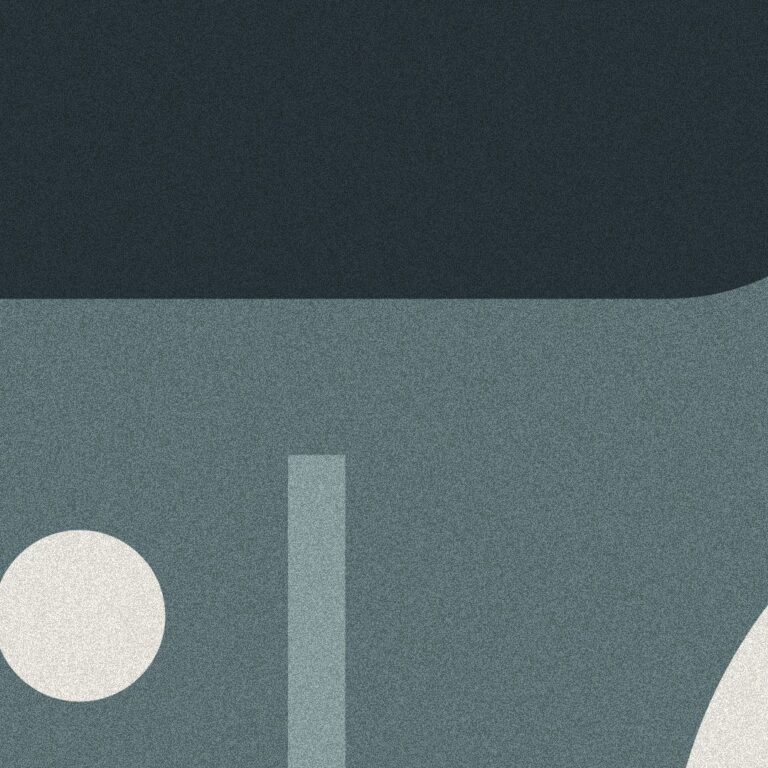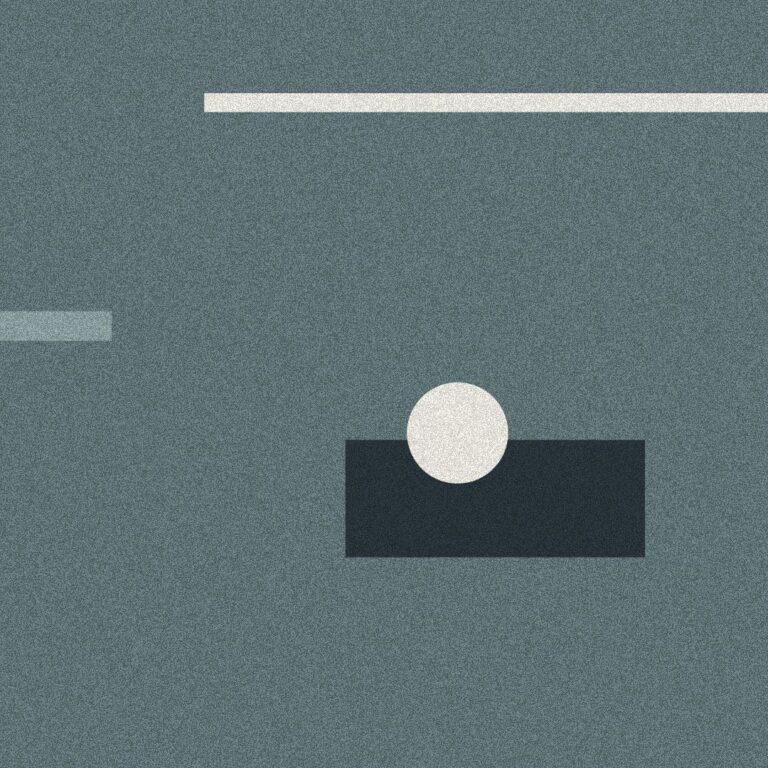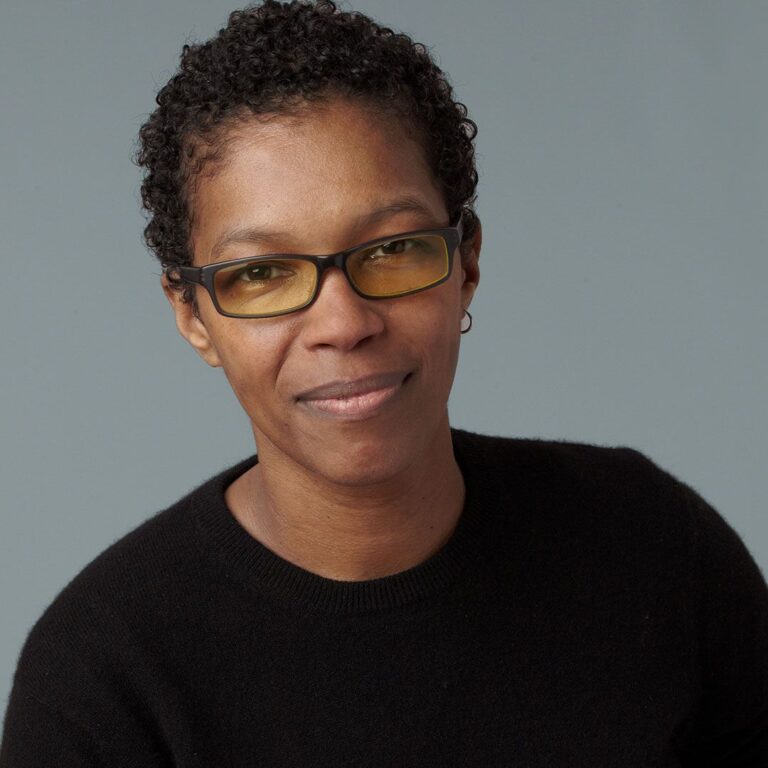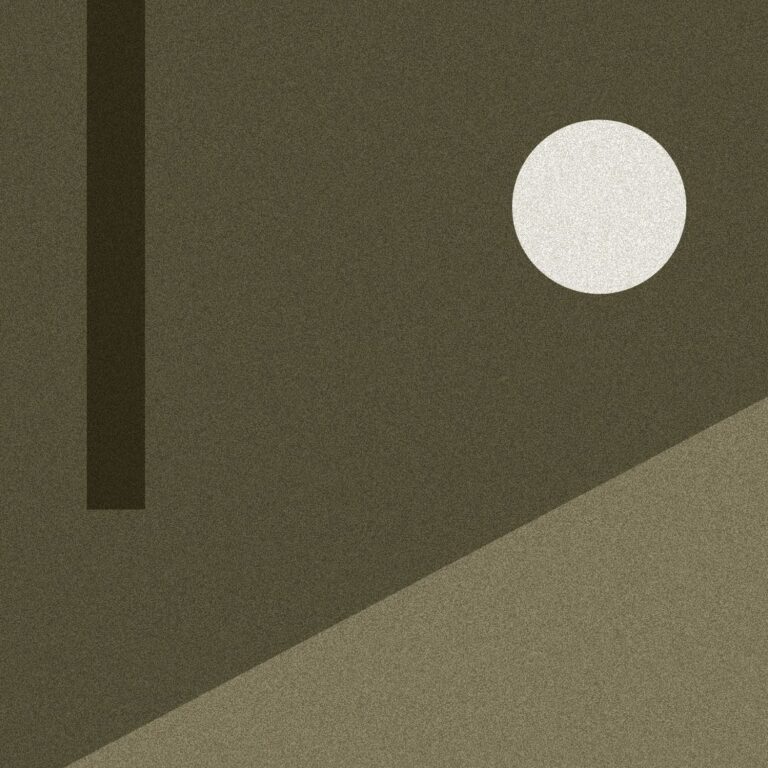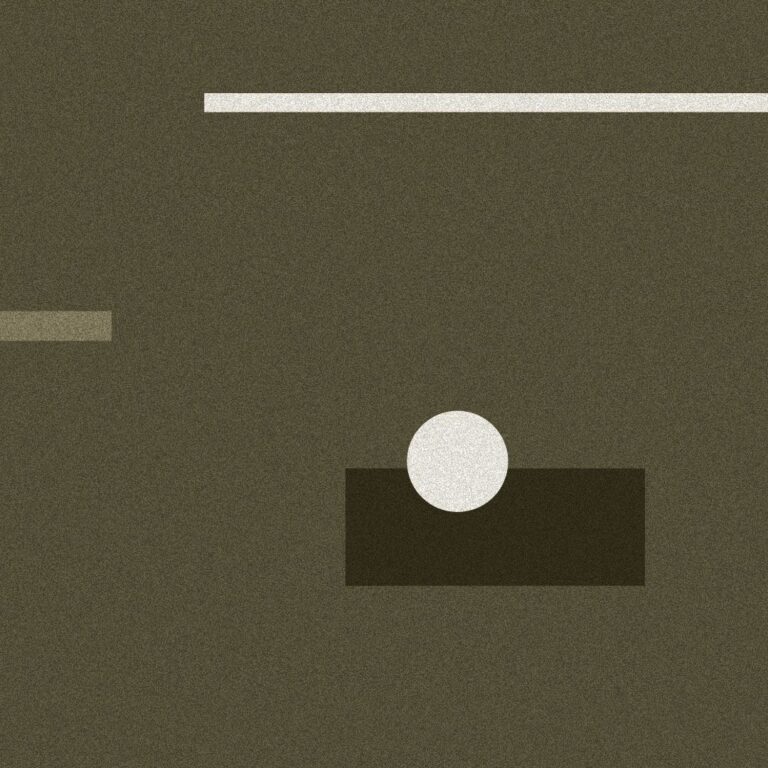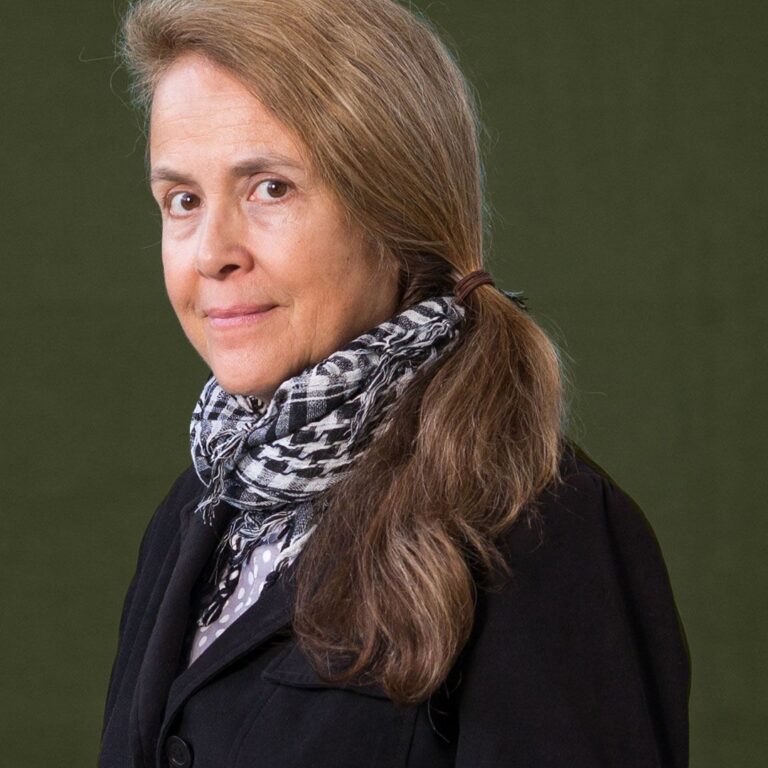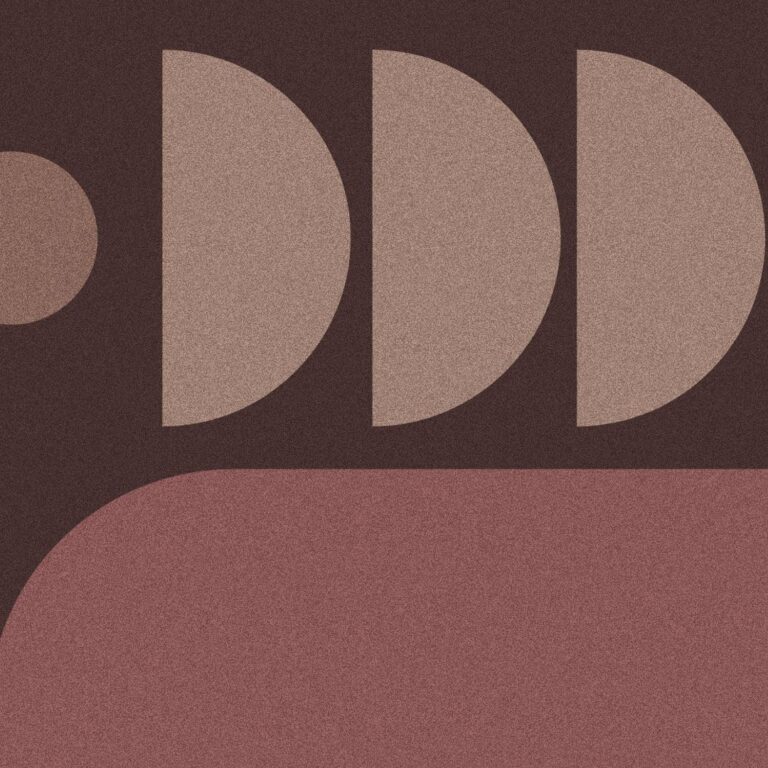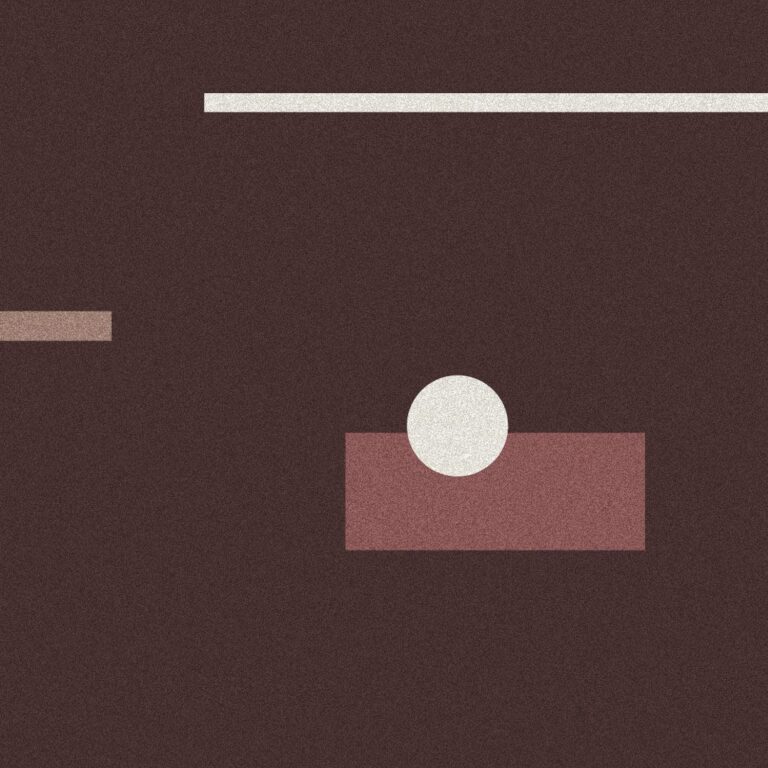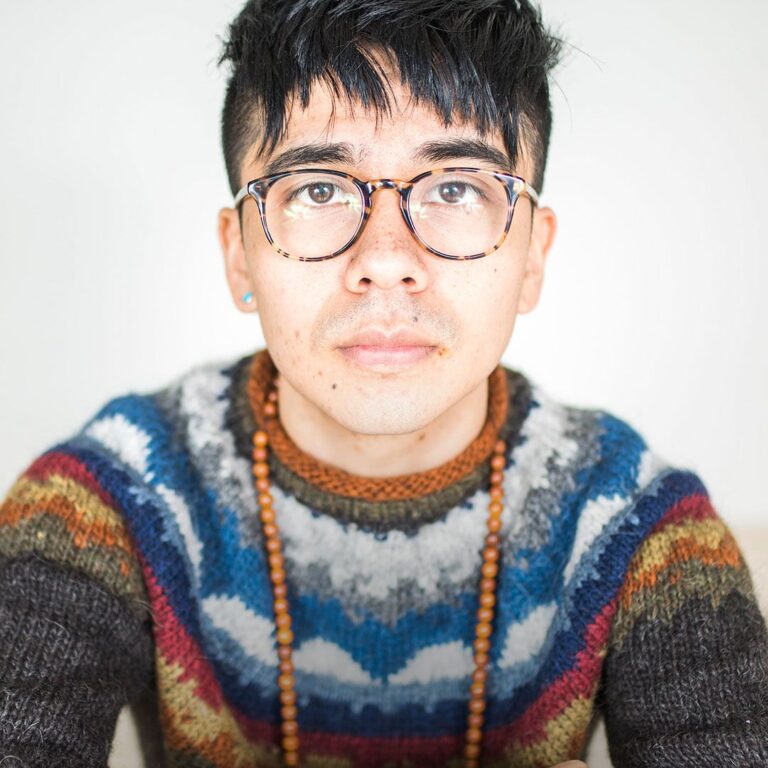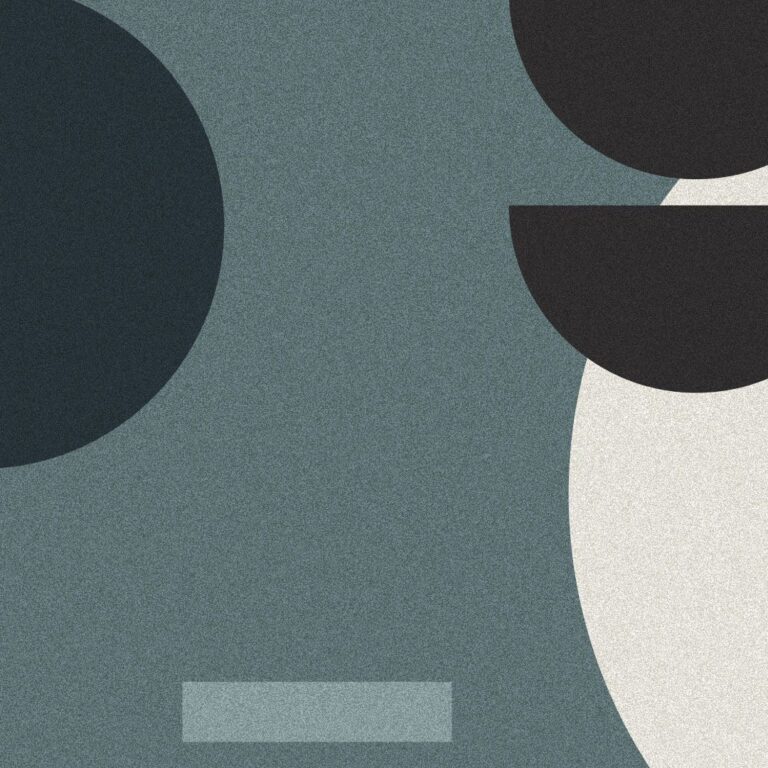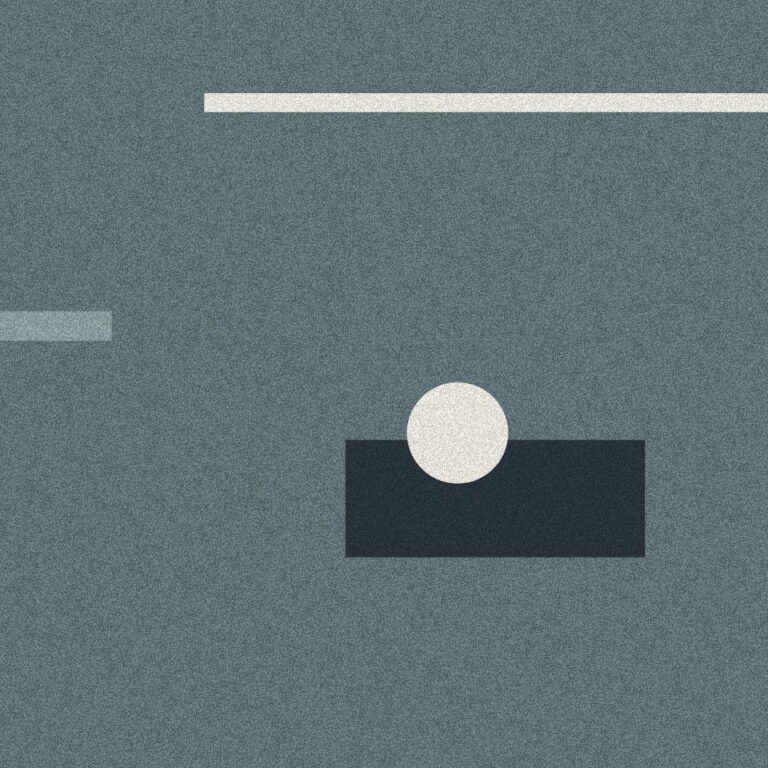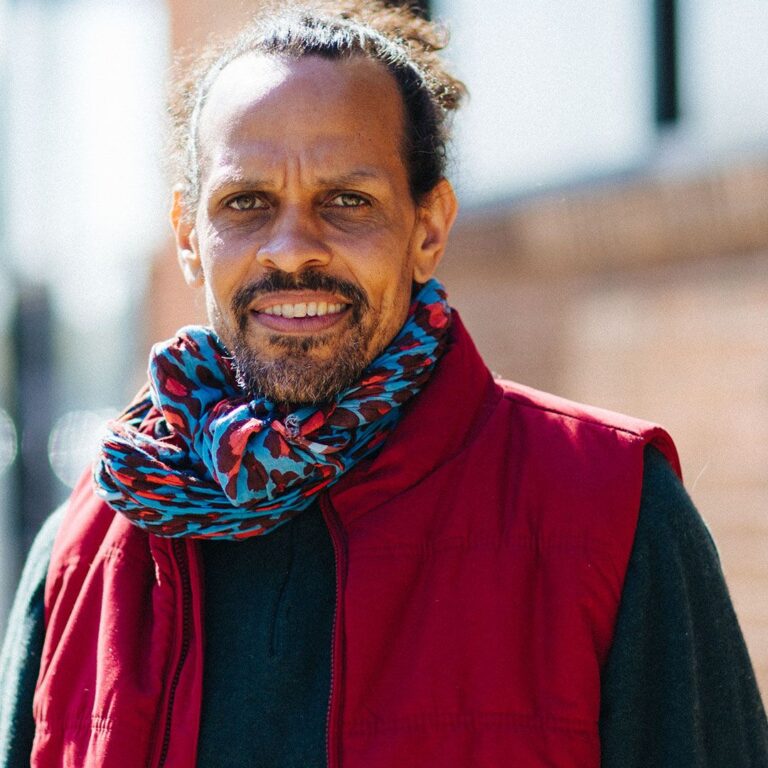Wisdom Retreats > Hope Is a Muscle, I
Hope, as we’ll explore it, is a practical, imaginative, everyday quality of wise and graceful lives. It is an orientation with real world consequences. It is a better way to live — to make a home inside oneself, and to be present to the world in its pain and its beauty. It is a necessary force for picking up the human and civilizational callings that have been laid bare by this moment in the life of the world.
This first course introduces some entry points to understanding and practicing hope, noticing cultural simplifications, and engaging a muscular practice with joy.
